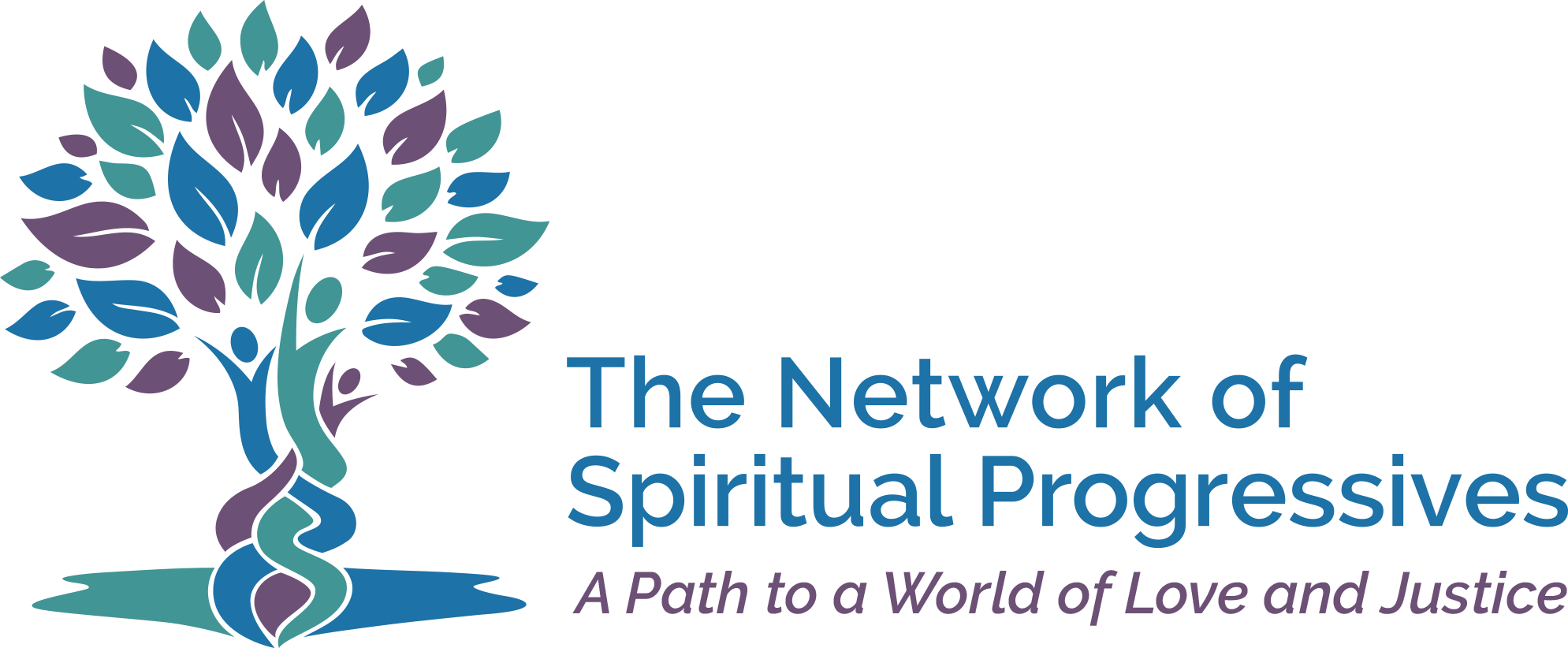Support for family life does not mean only support for two-parent families. Single-parent families, extended families, gay families, and kinship systems are also an important focus of our support. Wherever people are making the kind of long-term emotional and financial commitment to take care of each other and provide ongoing love and intimacy, there is the development of a family arrangement. There can be no enshrining of the “nuclear family” as the only appropriate form—though it is a form that may still work for many people and should be respected as such.
For many people, being in a single-parent family is not a choice—it is all that is available, given the current organization and fragmentation of this society. Not only is it hard for people to meet each other in non-alienating ways, but very often the styles of survival that we must adopt in order to function in the economic marketplace, plus the continued legacy of male-chauvinism as a compensation that men adopt to cope with their alienation at work, make most of the available choices for partners seem rather unattractive to many single women today. On the other hand, as women have increasingly entered and succeeded in the economic marketplace, many men who have been less successful are either ruled out as “suitable partners” by women who have internalized the marketplace values, or these men feel inadequate because of their own internalized sense that “a real man” must be the one with greater income to support a family, and hence rule out even trying to build lasting relationships with women they experience as “more successful” than themselves. Frustrated by the available options, some singles have vaunted a new “singles” life-style as the most appropriate alternative.
Yet the continued tendencies of couples to split up must be seen as a tragic reality, rather than as a wonderful new stage in human freedom—a reflection of social conditions that makes long-term relationships very hard to sustain. Being single in this society means facing the pressures of the marketplace by yourself, and that is often even more overwhelming than when you are in a lasting loving relationship. So it is important for Friends of Families to simultaneously help build networks of singles to give each other support without giving out the message that remaining single is a bad choice.
On the other hand, we must avoid any tendency to suggest that people who are single are somehow to be blamed or criticized for not being in a permanent primary relationship. The collapse of long-term relationships is more often a function of the social and economic realities of the competitive marketplace and the self-centered values it tends to inculcate into everyone than it is a deliberate and consciousness “free” choice. But we as a pro-families movement should do what we can to help support singles to meet each other in a non-pressured and non-“meat market” environment.
We also need to help families find weekend activities for parents and their children that can provide a real alternative to the Disneylands and television programs that currently shape children’s consciousness. Moreover, progressive movements need to understand and assert the importance of parents spending time with their children, giving them quality attention and honoring this activity as part of one’s participation in progressive politics.
